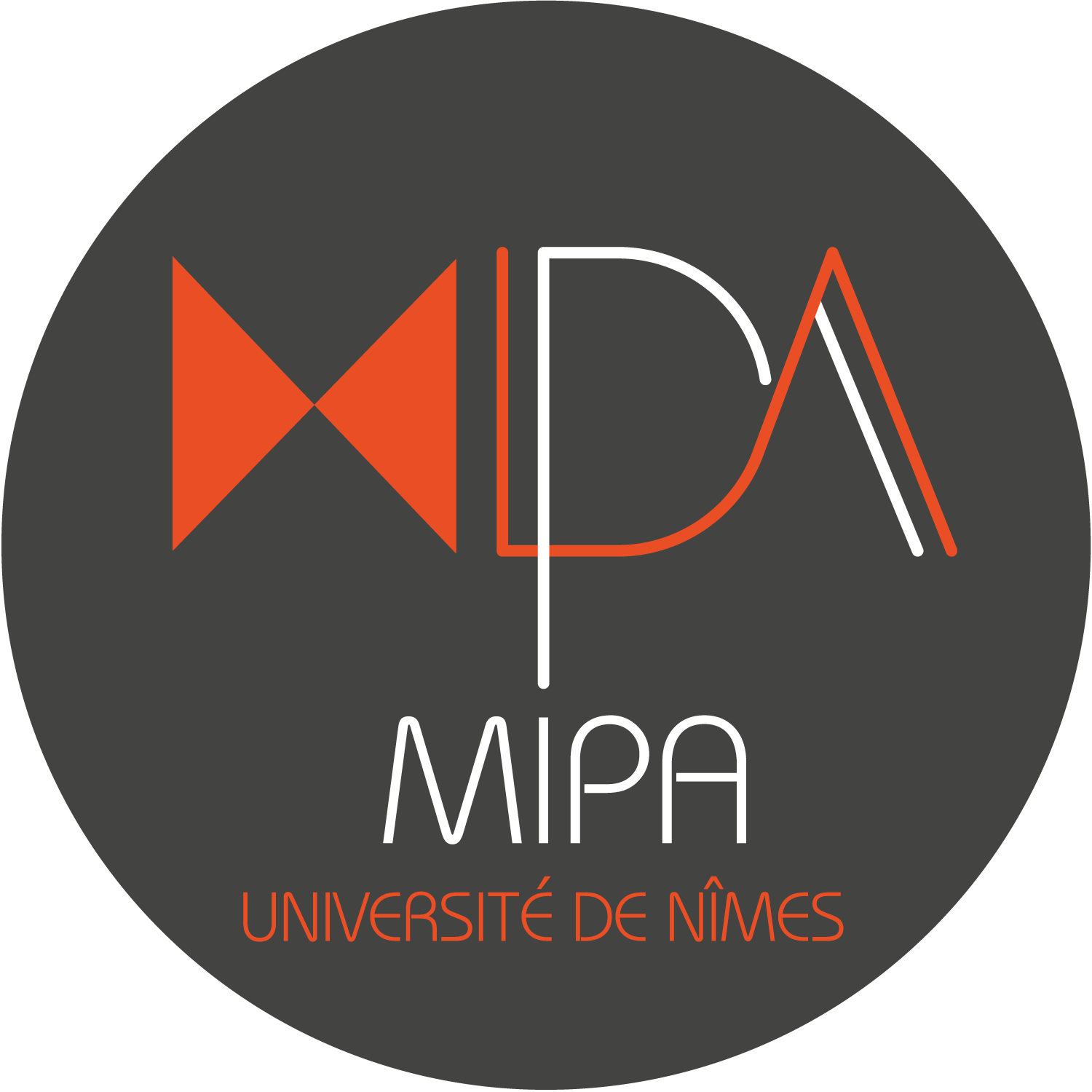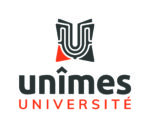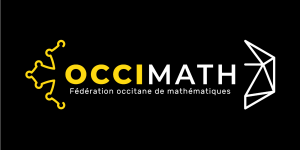Séminaire MIPA : Elisabetta Cornacchia, INRIA, Jeudi 11 décembre à 14 heures
Titre : Learning low-dimensional functions with neural networks: random biases and hidden structure.
Lieu : Salle de réunion MIPA, Site des carmes, Université de Nîmes.
Abstract
Séminaire MIPA : Raphaël Tinarrage, Institute of Science and Technology Austria, lundi 8 décembre à 14 heures
Titre : Homologie persistante et application à la segmentation d'images médicales
Lieu : Salle de réunion MIPA, Site des carmes, Université de Nîmes.
Abstract
Séminaire MIPA :Kang Liu, Université Bourgogne Europe le Lundi 1er décembre à 13 heures
Titre : From backward heat equations to generative AI
Lieu : Salle 27, Site des carmes, Université de Nîmes.
Abstract
Séminaire MIPA :Michal Borowski, University of Warsaw
le Lundi 24 novembre aura lieu à 14h00
Titre :Double phase functionals with smooth weights
Lieu : Salle de réunion MIPA, Site des carmes, Université de Nîmes.
Abstract
Minimizing the functional over Lipschitz functions may result in a strictly greater value than over Sobolev functions. This produces Lavrentiev’s phenomenon and, further, the lack of regularity of minimizers. The greater the distance between exponents defining the power functions, the better the behavior is expected from the weight function. I will discuss how increasing the smoothness of the weight affects the range of exponents admissible for discarding Lavrentiev’s gap.
In the talk, I will further elaborate on the double phase functionals, the result, and its proof. The talk is based on the following preprint:
M. Borowski, Smoothness of weight sharply discards Lavrentiev’s gap for
double phase functionals, arXiv:2509.06567. (2025).
Séminaire MIPA:Roberta Marziani (Università degli studi di Siena) le lundi 29 septembre à 14 heures.
.
Titre : Ambrosio-Tortorelli approach to topological singularities and connections with jump minimizing liftings.
Lieu : Salle de réunion MIPA, Site des carmes, Université de Nîmes.
Abstract
Séminaire MIPA: Thibault Lacombe (Université de Toulouse) le mardi 20 mai à 15 heures.
Titre :C^1 regularity for degenerate elliptic equations in the plane..
Lieu : Salle 27, Site des carmes, Université de Nîmes.
Abstract
Séminaire MIPA: Giampiero Palatucci (Università di Parma) le mardi 20 mai à 14 heures.
Titre : The De Giorgi-Nash-Moser theory for kinetic equations with nonlocal diffusions.
Lieu : Salle 27, Site des carmes, Université de Nîmes.
Abstract
I will present some recent results in the spirit of the De Giorgi-Nash-Moser theory for a wide class of kinetic integral equations, where the diffusion term in velocity is an integro-differential operator having nonnegative kernel of fractional order with merely measurable coefficients. I will mainly focus on boundedness estimates and Harnack inequalities. The talk is based on a series of papers by Anceschi, Kassmann, Piccinini, Weidner and myself.
Séminaire MIPA: Fabrice Jollant (Universités de Paris Saclay et McGill) et Fabricio Pereira (Nîmes Université) le vendredi 21 février à 14 heures.
Titre : Neurosciences computationnelles sur les risques suicidaires.
Lieu : Salle 317, site des Carmes, université de Nîmes.
Abstract
La douleur psychologique augmente le risque d’idées et d’actes suicidaires et constitue une cible thérapeutique potentielle. Cependant, les mécanismes de la douleur mentale restent flous. Notre étude suggère que les systèmes sérotoninergique et nociceptif sont associés à l’activité du réseau cérébral qui est à l’origine la perception de la douleur mentale au cours de la dépression. La douleur mentale pourrait être une condition nécessaire, mais insuffisante pour l’émergence d’idées suicidaires au cours de la dépression.
Séminaire MIPA : Ilias Ftouhi (FAU Erlangen) le 21 janvier 2025 à 14 heures.
Titre : " Blaschke-Santaló diagrams: an essential tool to study isoperimetric inequalities".
Lieu : Salle 27, site des Carmes, Université de Nîmes.
Séminaire MIPA : Eloi Martinet (University of Würzburg) le 17 décembre 2024 à 14 heures.
Titre : "Meshless Shape Optimization using Neural Networks and Partial Differential Equations on Graphs".
Lieu : Salle de réunion, site des Carmes, Université de Nîmes.
Abstract
Shape optimization involves the minimization of a cost function defined over a shape, often governed by a partial differential equation (PDE). Since analytical solutions are typically unavailable, we need to rely on numerical method to find an approximate solution. The level set method, when coupled with finite element analysis, is one of the most versatile numerical shape optimization approach. However, its reliance on meshing introduces limitations inherent to mesh-based methods.
In this talk, we present a fully meshless level set framework that leverages neural networks to parameterize the level set function and employs the graph Laplacian to solve the underlying PDE. This approach enables precise computation of geometric quantities such as normals and curvature. Furthermore, we exploit the flexibility of neural networks to address optimization problems within the class of convex shapes.



